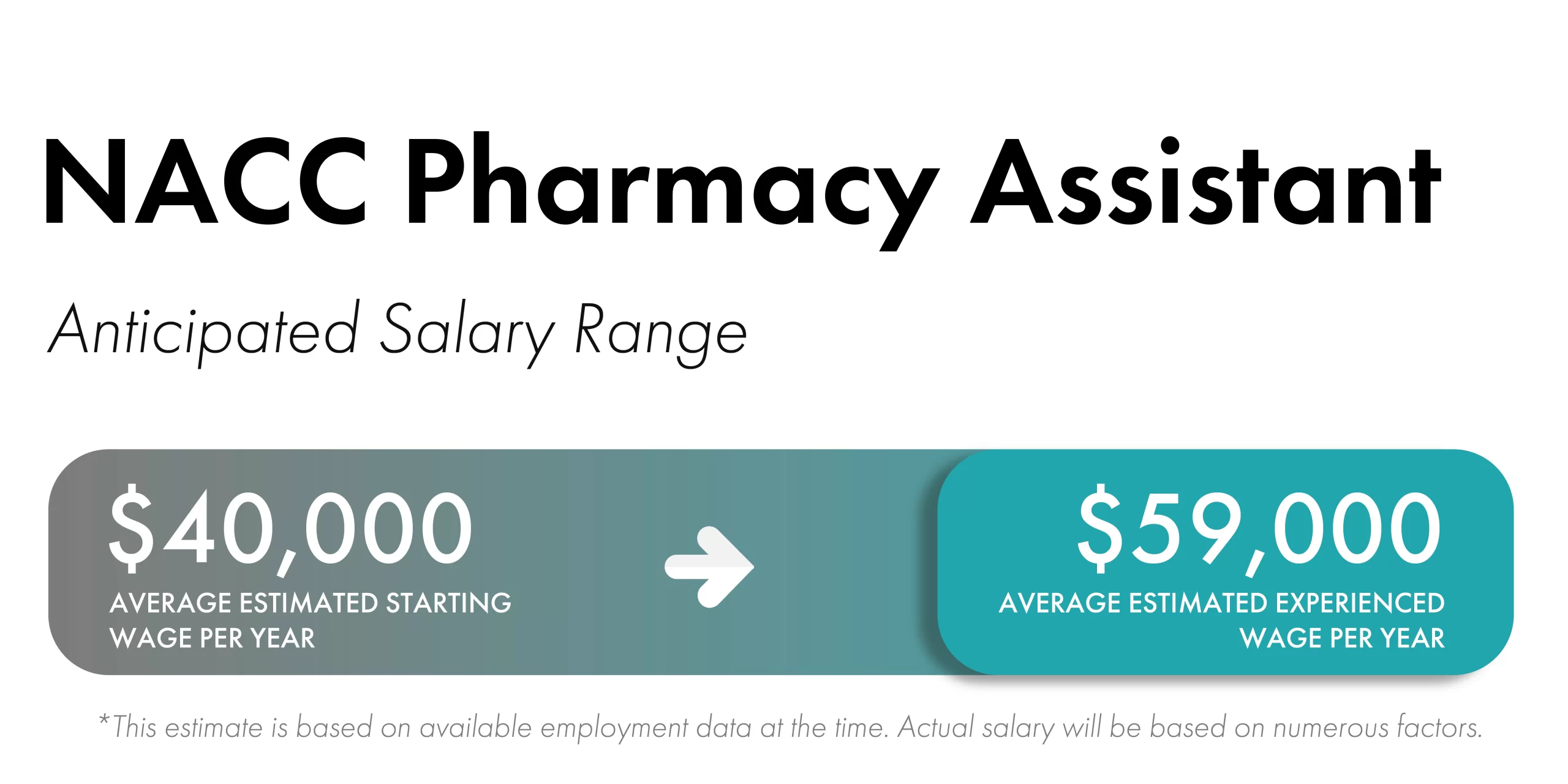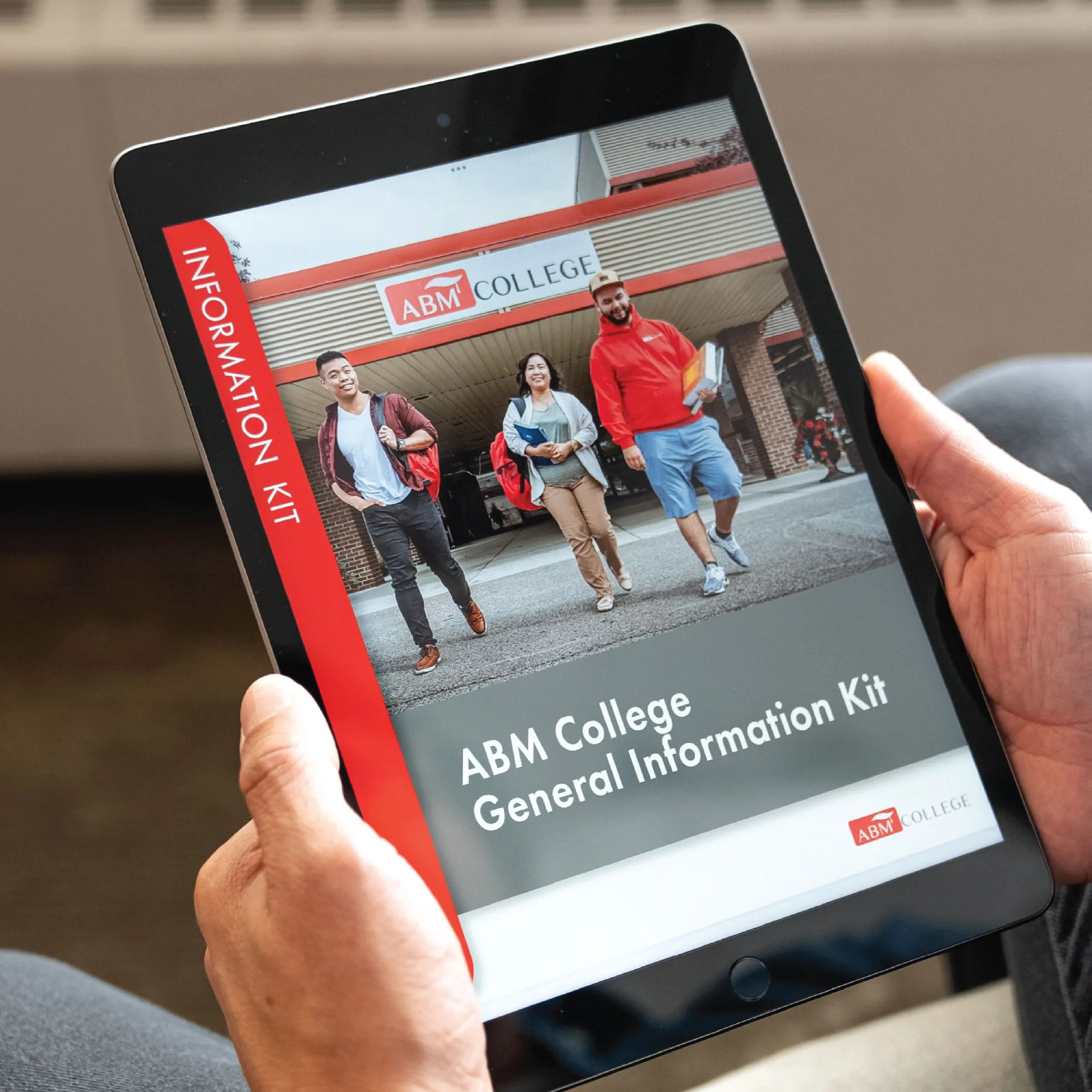NACC Pharmacy Assistant Diploma in Toronto
Next Start Dates: Monday, Nov 3 & Monday, Dec 1, 2025
- In-person
- 40 WeeksMorning / Evening / Weekend
NACC Pharmacy Assistant
Diploma Summary
ABM College’s NACC Pharmacy Assistant Program in Ontario provides a comprehensive education that prepares students for the diverse responsibilities of a Pharmacy Assistant. The curriculum covers both technical and clerical aspects, including medication dispensing, inventory management, and customer service. Students engage in hands-on learning through realistic simulation labs and gain essential certifications in CPR and First Aid, equipping them to handle emergencies in a healthcare setting.
The program culminates in an intensive 5-week practicum, offering invaluable real-world experience. This practicum allows students to apply their knowledge in professional settings, building confidence and practical skills. Upon graduation, students are well-prepared to work in any retail pharmacy environment. The combination of classroom learning, hands-on training, and real-world experience ensures that Pharmacy Assistant Diploma graduates are highly qualified and ready to excel in their careers.
NACC Pharmacy Assistant
Course Highlights
Learn the roles of a Pharmacy Assistant in a community / retail environment.
Study the mathematical calculations and clerical skills required for proper dosage, compounding, and inventory maintenance.
Gain an understanding of the effects of medications on anatomy and physiology.
Earn life saving CPR and First Aid Certifications.
Learn to use industry standard Pharmacy Management Software to effectively assist clients with all their pharmacological needs.
Career Opportunities
- Pharmacy Assistant
Retail Pharmacy Assistant
- Compounding Pharmacy Assistant
- Pharmacy Distribution Clerk
Salary Range

Pharmacy Assistant Diploma Information Kit

This kit includes important details on the NACC Pharmacy Assistant Diploma program at ABM College.
Pharmacy Assistant Information Kit
"*" indicates required fields
Pharmacy Assistant Course Curriculum
Admissions Requirements

Student Recommendations of ABM College


